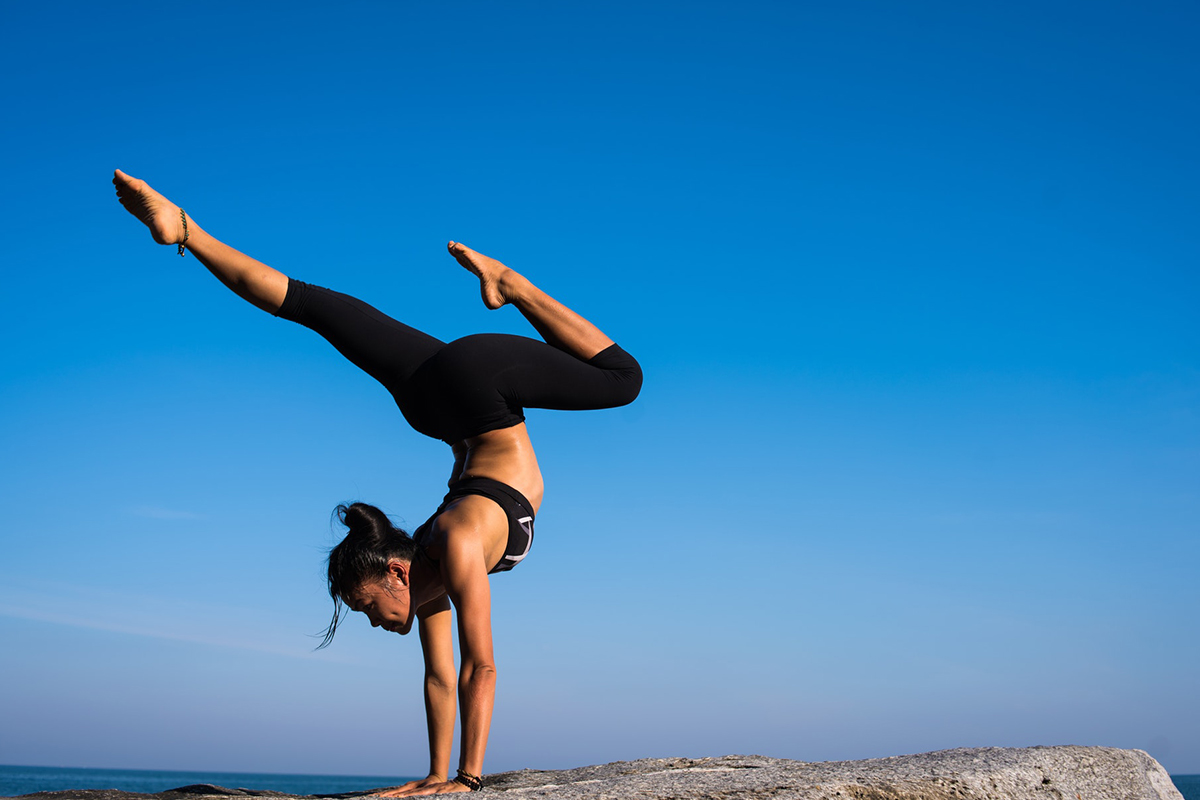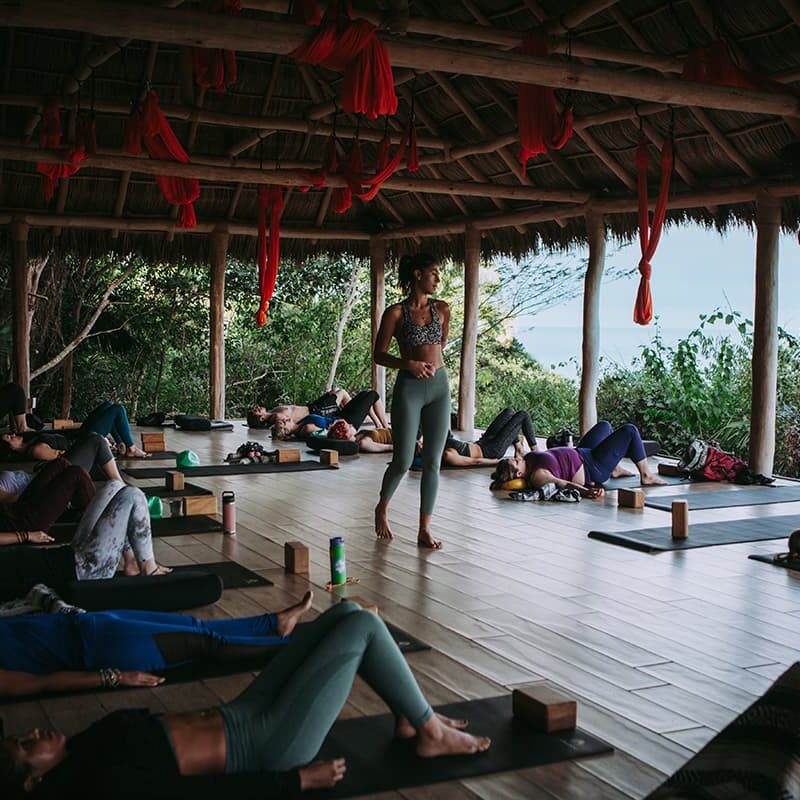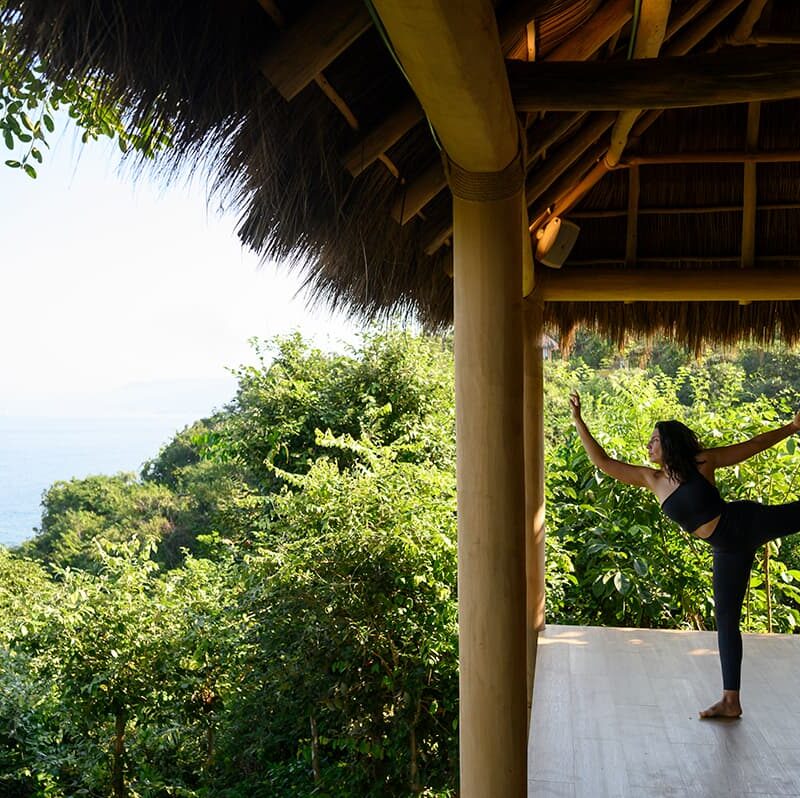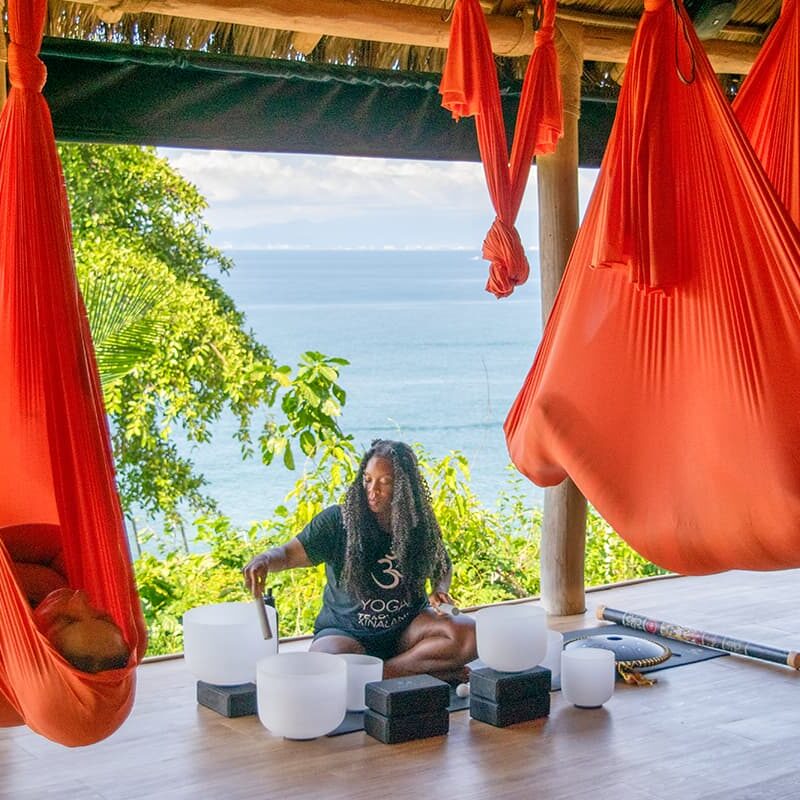Technology has completely blurred the lines between work and life, giving rise to remote workers, digital nomads, and working vacations. While there are great advantages to being a digital nomad and working from anywhere in the world, it’s not as glamorous lifestyle as many would have you believe.
Xinalani's All Inclusive Packages
While yes, you get to see the world, immerse yourself in new cultures, and meet new people; there’s a lot of stress associated with moving around constantly, not having a routine, and changing time zones; as well as the fact that working odd hours can easily lead to burnout. The truth is that digital nomadism is a taxiing lifestyle.
Beautiful Eco Chic Rooms and Beach Casitas
Luckily, there are different ways to cope and to prevent loneliness (the number one downside to digital nomadism), stress, anxiety, and burnout in order to maintain ideal levels of health and wellbeing.
You’ve likely heard the expression, “have you tried turning it off and on again?” when your technological devices aren’t working properly. Well, the same can be said about human beings. We all need to power off sometimes and take a break from technology, from work, from people.
Basically, we all need to find a way to escape the stresses of modern life in order to restore our mind and body equilibrium.
Retreats and getaways are ideal to power off and recharge, but they’re not always an option for many. So, what can you do?
For starters, two specific things: yoga and meditation.
Benefits of Yoga for Digital Nomads
Yoga provides individuals with physical and mental health benefits. In fact, recent research has found that yoga can not only help prevent certain diseases, but it can also help individuals to recover from them. Yoga also makes for great exercise, improving a person’s flexibility, strength, and weight control (this last one can be challenging for those who travel often and find their diets disrupted whenever they reach a new destination).
1. Improved Circulation
Those who regularly practice yoga often state how they just feel their body flow. They’re right. Yoga has been shown to improve circulation and blood flow, which can be particularly beneficial for digital nomads while they travel or right after it...sitting in confined spaces for extended periods of time is harmful to our health, practicing yoga can help in making sure that even when traveling, your blood is properly circulating.
2. Immunity Boost
Studies have found that yoga can give your immune system a boost by draining lymph through the muscle stretching and contracting. Drained lymphs are better at fighting infections, destroying harmful cells, and disposing of toxic waste.
3. It Helps People Stay Fit
Those who travel often are all too familiar with the challenges of staying fit and healthy while on the go. Yoga can help digital nomads lead a healthier lifestyle by promoting better eating habits (yoga teaches individuals to listen to their bodies) and by providing people with an activity that can be done from anywhere.
4. Its Energizing
By improving blood circulation and reducing stress, yoga can also help energize yourself. There are specific yoga poses that improve energy levels by stretching and extending the spine and hips. Some of these include the cobra position, downward dog, the bridge pose, and the chair pose, among others.
Benefits of Meditation for Digital Nomads
Whether you are a digital nomad, a remote worker, or simply someone on a working holiday, meditation can be your own sanctuary from the hustle and bustle of daily life. Learning to meditate and doing it daily can be a life-changing habit.
1. Reduce Stress
Everyone is stressed nowadays; mentally and physically. Stress affects nearly all adults, as many as 1 in 3 according to research. Stress can have harmful effects on our health and wellbeing; it can disrupt sleep and when unmanaged it can lead to depression and anxiety. Stress has also been linked with increased blood pressure and irritability.
Meditation has been proven to reduce stress and it can help improve symptoms of stress-related ailments.
2. Controls Anxiety
If stress can lead to anxiety, it is safe to say that less stress means less anxiety. Meditation, specifically mindfulness, has been shown to reduce anxiety, phobias, obsessive compulsive behaviors, and panic attacks.
3. Better Emotional Health
Digital nomads tend to spend a significant portion of their time alone, which can lead to feelings of loneliness and depression. Meditation can help them better manage and cope with these feelings, leading to a more positive outlook on life. Meditation also teaches people to love and accept themselves, which can help them better understand their emotions without becoming attached to them.
4. Improves Focus
Those digital nomads who travel and work at the same time can find it challenging to stay focused and manage distractions. Meditation helps individuals increase their attention span and improves their ability to maintain and redirect their focus and attention. For its part, better focus means better memory.
5. Improves Sleep
Needless to say, when you’re anxious and stressed, you don’t sleep well. Practicing meditation can help people fall asleep and stay asleep. A well-rested individual typically performs better, is in a better mood, and benefits from increased focus and productivity levels.
Final Thoughts
It can be challenging to lead a healthy, well-balanced life while traveling as a digital nomad. Yoga and meditation provide mental and physical benefits that can help individuals better cope with the daily stressors associated with digital nomadism: changing time zones, changing diets, loneliness, the urge to stay on and work, not understanding a new language or learning a new one, etc.
By reducing stress and anxiety and promoting better sleep and focus, you are less likely to burn out and therefore more likely to be able to continue your travels while maintaining mind-body wellness.
About the Author

Managing Editor of Allwork.Space and Content Specialist at AllianceVirtualOffices.com - is based from wherever her laptop is. She enjoys traveling and visiting new flexible workspaces.
If you'd like Ceci to check out your workspace, feel free to reach out to her.
























